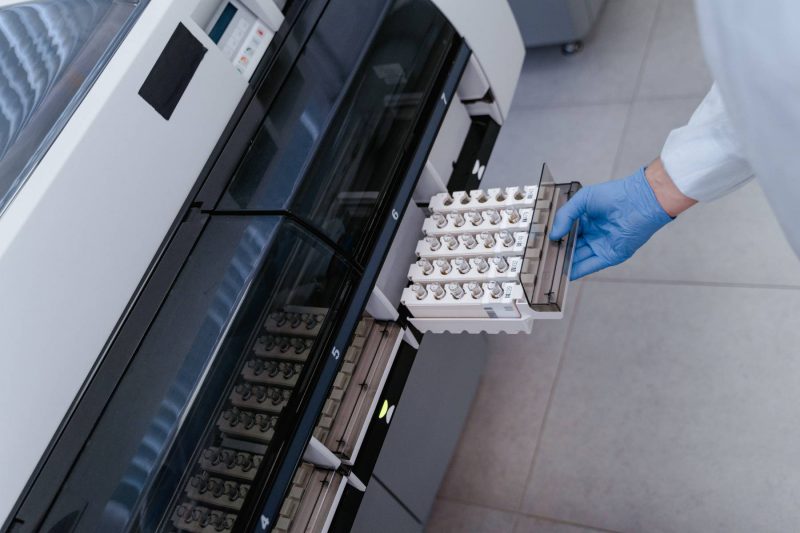
94% of healthcare CEOs believe they need to “modernize” their approach to data and improve data collection. Organizations struggle with incomplete medical histories and a lack of access to vital health information, which leaves many providers unable to understand their patients and make informed treatment decisions.
In the healthcare and medical industries, these decisions can have a major impact on the lives of patients and providers. Data can be used to paint a holistic picture of a patient, target possible diagnoses that may have been otherwise missed, and even aid in insurance purposes–such as the risk adjustment factor score.
This article reveals a proven method to improve your healthcare data collection process and enable faster, more effective decision making across all areas. But let’s start by defining what we mean by “data collection”.
Healthcare data collection refers to any action that generates legible information about patients and their medical history or conditions. This is used to understand patients’ needs, evaluate treatment pathways, make vital decisions, and access insurance funding.
However, due to the sensitive nature of the data – not to mention the importance of the decisions which are based upon it – there are established standards to standardize healthcare data collection.
There are a wide range of data standards in usage throughout healthcare; there is no single, universally accepted standard. A few common standards include ICD-10-CM codes, HCPCS codes, NDC codes, and OMB standards.
Healthcare data can be collected through a wide range of methods, using many different formats. Medical notes, CT scans, population health surveys, patient diagnosis histories all constitute “healthcare data”.
It is easy to think of “data” as a single, consistent category, but there is a broad spectrum of data quality – and your data collection practices directly impact that quality. From developing treatment plans to submitting HCC codes, the accuracy and timeliness of data is crucial across numerous areas of your practice.
With reliable healthcare data, healthcare providers can:
Healthcare providers routinely run into a few problems when developing data collection process, such as:
Healthcare organizations require a robust process to help gather and evaluate information or data in an established, systematic way that makes it easier to answer stated research questions, test hypotheses, and evaluate outcomes. This process can be broken down simply into four steps: collect, curate, analyze, and act:
Core data (a model layer technology) can be stored in many places, including personal drives, data warehouses, the cloud, and even email attachments. Because data can be stored in a variety of storage silos, this can make navigating your data difficult.
Your data collection process must begin with a standardized way of collecting and storing your data sets. A common form of streamlined collection is a data tool that allows users to ‘drag and drop’ external files, new files, and more into a centralized database. This makes it easier to import data and trigger the beginning of a workflow process.
Data curation is the active management of data through its lifecycle, interest, and usefulness to your field. With effective data curation, data discovery, retrieval, and reuse is easier to maintain. Because this is difficult to do manually, most organizations rely on management tools managed by machine learning, which automatically stores and standardizes common data models.
This stage is frequently visited by clinicians because it focuses on identifying trends, tracking changes, and making predictions. This is where the data transforms from numbers or findings in a report and into usable, applicable insights. In this stage, you compare and contrast the data and find what’s applicable to your specific patient or scenario.
With all of your information and data collected, curated, and analyzed, it’s time to make a decision. This stage refers to when clinicians or providers make decisions based on the information they’ve acquired and analyzed from the provided datasets. However, in the healthcare field, each decision and action can make a lasting impact on a patient. That’s where Inferscience’s high-quality tools and resources come in.
HCC Assistant used natural-language processing (NLP) to help healthcare providers gather, analyze, and improve their data. With the capacity to ingest large volumes of structured and unstructured data, as well as vital information from health information exchange (HIE), it eliminates manual effort and helps to bridge data gaps that are often found within patient histories.
Better still, the tool has an API that makes it easy to connect new systems and access key information and analysis without heavy development work.
The result? Providers can dramatically improve their data quality and submit more accurate HCC coding – with the average provider producing 35% higher RAF scores after using the tool.
Want to see it in action?